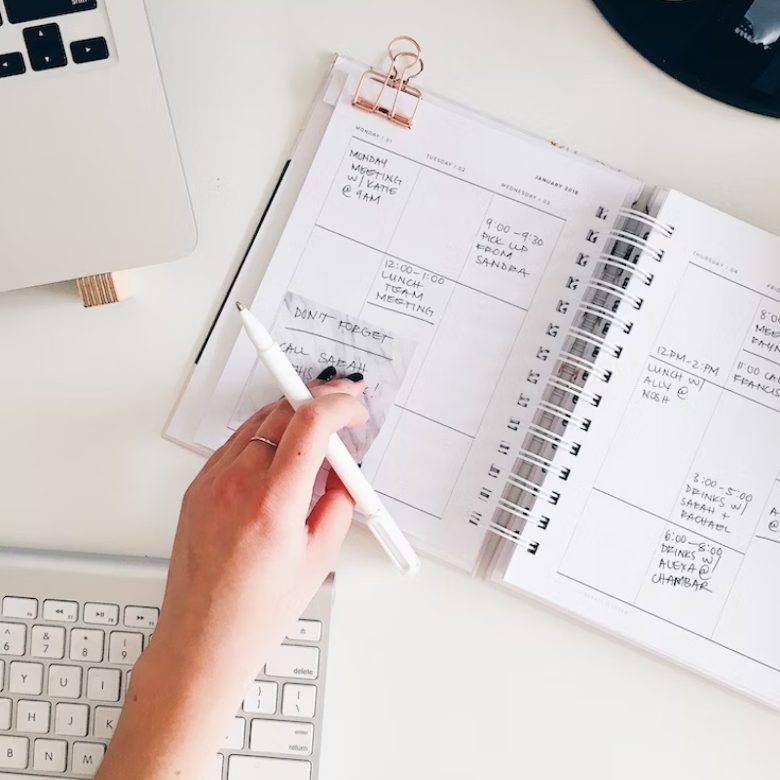Table of Content
Despite the outward attractiveness of remote work – you can sleep longer, decide what and when to do it yourself – it has a lot of pitfalls. And it often happens that the adherents of freelancing work from 8:00 to 22:00 almost without a break, while still having time to do household chores. But how do you build a comfortable schedule, avoid procrastination and solve all problems at the same time?
You can't make all the money.
We understand how difficult it is to refuse a profitable, but difficult project. But if you have already accumulated orders, then there is a high probability that you will only get a headache and a constant state of anxiety, because you do not have time for anything, although you do not get away from the computer.
There is a simple formula: it is better to have fewer orders, but with a higher check. Then you will do them better, meet deadlines and feel more relaxed. Also, when planning your schedule, don’t forget to leave time for rest. More importantly, don’t sacrifice it!
Create an optimal schedule
There are a few rules to follow when planning your time
Leave two to three hours of free time during the day. And you shouldn’t think that a rest is a change of activity, and then deal with household issues all the time when you don’t work. Leave yourself the opportunity to fully recover and reboot.
Don’t take on all the projects. If you feel you will sacrifice your time and rest for the sake of a potential job, say no. The world won’t come crashing down. And if you want to grow, consider what you can do to increase your check.
Be selective. Evaluate how much you want to deal with a particular client. How many people approve your work and in what time frame? How close the subject matter is to you? Agree if the project is close in spirit, and the people behind it are on the same page with you.
And if it does not go that way?
This is a common situation: you set up for productive work, time is scheduled by minutes, and then … the neighbors flooded, the dog chewed through the couch or cut off the Internet. It’s frustrating!
We can not predict all of the force majeure, but we can help ourselves in advance. So that if something happens, to be ready for it and not to disrupt all the deadlines. What can you do?
Organize your time. For example, do what you need to do in the first half of the day, and leave the second half for force majeure and unexpected tasks/corrections. This way you will have time to do everything, even the things that were not in your plans.
If nothing unexpected happens, just do the tasks on schedule. You’ll be surprised how much more productive you become!
And, of course, use all sorts of planners so you don’t waste energy constantly keeping all the deadlines in your head. Lifehack: It’s easier if the deadline for the client and your personal deadline for the task are different. Set yourself a deadline 1-2 days before the official deadline. This way you won’t have to work in a rush and have time to maneuver if something goes wrong.
Allow time for household tasks.
Ideally, if you take so many tasks to leave 2-3 hours for everyday household chores. Then after work, you’ll really be relaxing, not making dinner, walking the dog, or vacuuming. And the highest quality results come not where you’re exhausted from work, but where you’re inspired to do new things, energized.
When you have a schedule that includes both your main work and room to maneuver, and leaves time for rest, you are less likely to procrastinate. On the contrary, your anxiety level will decrease and your work will become easier and more enjoyable. Isn’t that the point?
